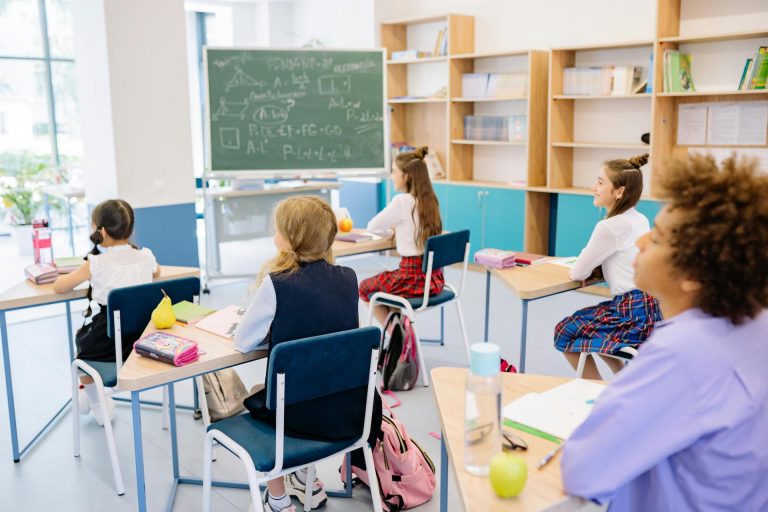Parents play a crucial role in preparing their children for emergencies. In a world where unexpected situations can arise at any moment, equipping kids with the necessary skills to handle emergencies is essential. This preparation not only ensures their safety but also instills confidence and independence. By teaching children how to respond to various emergencies, parents can help them navigate challenging situations effectively. This article explores the importance of parental involvement in teaching emergency skills, the types of skills to focus on, and strategies for effective teaching.
UNDERSTANDING THE IMPORTANCE OF EMERGENCY SKILLS
Emergency skills are vital for children as they provide the tools needed to respond to unforeseen situations. Parents are often the first line of defense in ensuring their children are prepared for emergencies. By teaching these skills, parents can help reduce anxiety and fear in their children, enabling them to act calmly and rationally when faced with a crisis. Moreover, children who are equipped with emergency skills are more likely to help others, fostering a sense of community and responsibility. Understanding the importance of these skills is the first step in ensuring that children are prepared for any situation that may arise.
IDENTIFYING KEY EMERGENCY SKILLS
There are several key emergency skills that parents should focus on when teaching their children. First, children should know how to call for help. This includes understanding how to dial emergency services and providing essential information such as their location and the nature of the emergency. Second, basic first aid certificate skills are crucial. Teaching children how to treat minor injuries, such as cuts and bruises, can be invaluable. Additionally, children should be familiar with fire safety, including how to evacuate a building safely and the importance of not re-entering a burning structure. Finally, parents should teach their children about natural disaster preparedness, such as what to do during an earthquake or a severe storm. By focusing on these key skills, parents can ensure their children are well-prepared for a variety of emergencies.
STRATEGIES FOR EFFECTIVE TEACHING
Teaching emergency skills to children requires a thoughtful approach. Parents should start by introducing these skills in a calm and reassuring manner, ensuring that children understand the importance of being prepared without instilling fear. Role-playing is an effective strategy, as it allows children to practice their skills in a controlled environment. Parents can create scenarios that mimic real-life emergencies, giving children the opportunity to apply what they have learned. Additionally, parents should encourage open communication, allowing children to ask questions and express any concerns they may have. Repetition is also key; regularly reviewing and practicing these skills will help reinforce them in children’s minds. By employing these strategies, parents can effectively teach their children the emergency skills they need.
THE LONG-TERM BENEFITS OF EMERGENCY PREPAREDNESS
Teaching children emergency skills has long-term benefits that extend beyond immediate safety. Children who are equipped with these skills are more likely to develop problem-solving abilities and critical thinking skills. They learn to assess situations quickly and make informed decisions, which can be beneficial in various aspects of life. Furthermore, children who are prepared for emergencies often exhibit greater self-confidence and independence. They understand that they have the ability to handle challenging situations, which can boost their self-esteem. In the long run, these skills can contribute to a child’s overall development, helping them become responsible and capable adults.
In conclusion, parents play a pivotal role in teaching their children emergency skills. By understanding the importance of these skills, identifying key areas to focus on, and employing effective teaching strategies, parents can ensure their children are well-prepared for any emergency. The long-term benefits of emergency preparedness extend beyond immediate safety, contributing to a child’s overall development and confidence. As such, it is essential for parents to take an active role in equipping their children with the skills they need to navigate the challenges of an unpredictable world.

